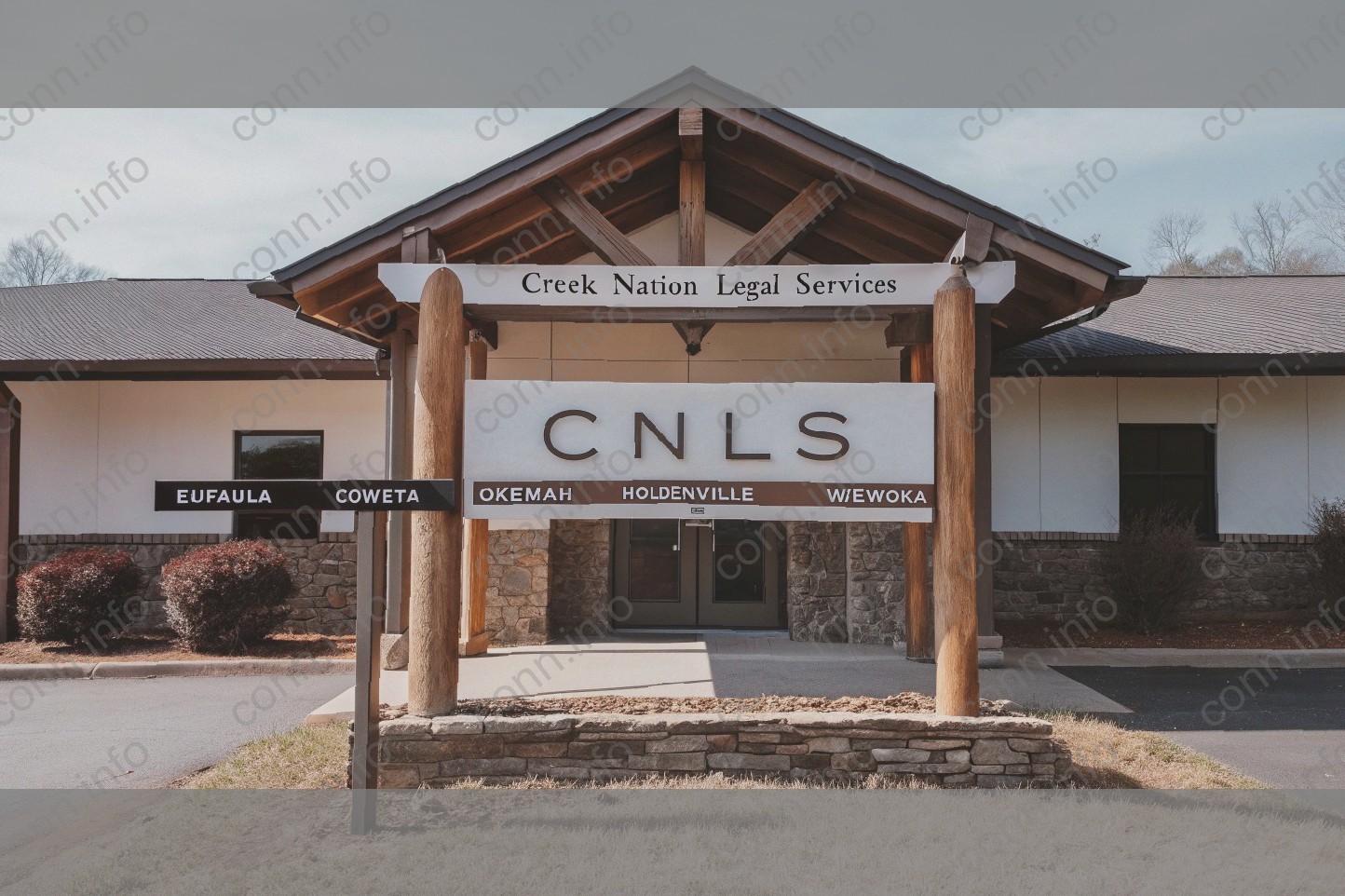Getting to Know Event Vendor Agreements
Event vendor agreements form the backbone of events. To be able to hired vendors on time, you have to have a great working relationship with your vendors. While the term "events" refers (naturally) to the events you pose for your company or client, events are also symposiums, conventions, presentations, training meetings, seminars, forums, and any other event where a group meets to discuss something. It’s one of the reason why we favor the term "events" than "meetings."
So, to get up and running for these events, an event vendor agreement is essential. For starters, it will establish the timeline for you to receive all the necessary rental equipment and any other paraphernalia needed , i.e., mics, projectors, A/V support, etc. Once you’ve had the experiences, you won’t forget. Secondly, a well-constructed and agreed upon event vendor agreement lets you know where the responsibilities are designated; who does what (whether that be the location provider or the freelancer), history has taught us that it’s ALWAYS best to write down the responsibilities.
Finally, an event vendor agreement checks the need for all the equipment as well as availability. It’s useful in drafting the timeline for your events. It also protects you should some vendor fail to deliver the equipment, and also protects you from late deliveries, damaged goods or both.
The Essentials of an Event Vendor Agreement
When working with new event vendors, it is essential to create a legal framework for your business relationship. This framework will help minimize the risk of loss and set clear expectations with the vendor. There are several critical elements that should be included in every event vendor agreement:
Scope of Work. It should be unambiguously clear what services the vendor is required to produce for the event. Typically, it is best to include a detailed statement of work that describes the event in detail and clearly sets out the obligations of each party.
Payment Terms. The compensation for the work can have a major impact on whether you decide to work with a vendor. In addition to the total amount of compensation, it is important to consider what the payment schedule will be. If a vendor wants 25% of the compensation up front, that is a huge red flag and you should reconsider whether they are a reputable vendor. A red flag does not necessarily mean that you should never work with the vendor, but you should be extremely cautious before moving forward. Other important aspects to consider when discussing payment terms are: whether there will be a deposit, whether there will be a final payment, what the fees are for late payments, and whether there will be any interest charged on late payments considered a default under the agreement.
Timing. Each party’s timeline for performance should be set out in detail. If someone misses a deadline, this should be considered a material breach of the agreement and allow you to terminate and seek damages. If the event is a wedding, you want to make sure that everyone understands that the event will happen regardless of whether someone submits something on time or not. However, for most other events, you want to make sure that late submissions would allow you to terminate. In contrast, the vendor might want some leeway if there is a change that requires more time than expected. These issues should be discussed as soon as possible to avoid confusion later.
Cancellation Policy. Be clear about what happens if someone cancels. If there was an agreement for someone to perform and they cancel without a valid excuse, their deposit should be forfeited as well as whatever other fees apply. If a vendor cancels, they should also be required to forfeit their deposit and pay you whatever damages you can prove you sustained as a result of their cancellation.
How to Tailor Your Vendor Agreement Template
In order to create a vendor agreement template that is specifically suited for the nuances of each event, couples need to modify their template’s language to reflect the specific expectations of both the couple and the vendor. While this can seem like a daunting task, it can be done by simply making some minor modifications to the basic vendor agreement template language. As previously discussed, exception clauses are often necessary, as they allow for certain limitations on legal protections. Therefore, when drafting or modifying your vendor agreement template, you may find that some of your needs could conflict with the default vendor language. For example, it is common for the caterer to require that the couple provide the bartender. However, if the couple has chosen to have the bartender hired directly, and not by the caterer, the default language may present an undue legal risk. Therefore, the couple would need to include a specific clause stating that any bartender fees are the responsibility of the couple, and that the caterer is fully released from any claims relating to bartending services. Another way to customize your vendor agreement template is to include additional clauses that suit your specific needs. For example, if your wedding will be held in the middle of the summer at an indoor venue, there is a good chance it will be very warm, especially if everyone will be seated in one room for both the reception and dinner. Therefore, the couple may wish to include a clause that specifically requires the vendor to act reasonably to keep the temperature at a comfortable level for guests. Answers to many of the questions that arise when trying to customize a vendor agreement template will be specific to the couple’s event. This is why it is important that the couple sits down and makes a list of all of their expectations before hiring their vendors. While it may seem like a lot of work at the beginning, it is important to be familiar with your venues, menu and guest list so that you can ensure the safety, well-being, and comfort of your guests. This information should be reduced to writing and then added to the vendor agreement template. Of course, once you have narrowed down your list of vendors to only those that you want to hire, you can simply ask them for their template and incorporate any exceptions to meet your specific needs. You might even consider utilizing a legal professional to help tailor your vendor agreement template to your specific needs. However, if you do not have the means or time to hire a professional, there is no reason your caterer or other vendor cannot simply work with the vendor agreement template you have drafted yourself. Often, the wedding day or rehearsal dinner contract has the same importance to the venue or vendor as a commercial or corporate contract has to a business.
Common Terms Found in Vendor Contracts
The provisions typically included in a vendor contract are lengthy and complicated, but the most common clauses found in vendor contracts often include the following:
Indemnity
Indemnity is a legal defense used by one party to shift any blame that falls on it to the other party. An example of an indemnification clause in an event vendor agreement can be found here.
Limitation of Liability
Limitation of liability clauses restrict the amount of money one party would have to pay in the event a dispute arises from the contract. Often, a vendor will limit liability to the fee paid for services.
Confidentiality
Confidentiality clauses outline material that cannot be disclosed to third parties. Typically, a vendor will identify the information that is considered confidential and the periods of confidentiality.
Force Majeure
Force Majeure is a defense to liability if a vendor is unable to perform because the event could not be held due to an uncontrollable event, such as an act of God or a natural disaster.
How to Handle Negotiations with Vendors
In event planning, negotiating terms with vendors is a key aspect of contract management. By effectively communicating your desires or needs, and coming to consensus with the vendor, you may be able to get a more favorable contract. Building a good relationship with your vendors can go a long way in getting what you want. How do you do this? First, be sure you’ve done your research and your homework, so you know the current market demands. Second, be respectful of the vendor – they only have so much they can work with, and forcing them to do something that their business model cannot support will damage your relationship with them. Respect where they are coming from, and they will likely reciprocate. Know what the vendor’s priorities are . Again, this can be discovered by doing research and homework ahead of time, or talking with them during contract negotiations. Knowing the vendor’s priorities can help you focus in on your priorities as well, to ensure you both come out on top. In an ideal world, you would be able to come to a win-win situation during contract negotiations, where both you and the vendor end up with everything you wanted. However, this is not always the case. It is fine to negotiate with your vendors and come to a compromise. If you respect them and treat them well, they will likely respect you and take those few extra steps for you. In the end, it should not be about "winning" the negotiations, but about providing a successful event for your client. What are you willing to do to that end?
Legal Aspects and Regulations
When creating your event vendor agreement template, be sure to consider the following events. Be sure you’ve covered everything from shows to couture, and have a rock solid legal worksheet from which to delegate work.
You’ve got the perfect event planned in a brand new, clever way. Now you need an event vendor agreement template to cover your butt.
Legal Compliance: Talk to a local attorney to make sure your event vendor agreement template is compliant with local law. For example, if your event vendor will be providing security services, you want to make sure that the "agreement" meets the standards for what constitutes a written employment agreement in your state, and that it otherwise meets the requirements for what constitutes an enforceable . (Notice that I didn’t say "valid," but enforceable).
Legal Review: Have the event vendor agreement template thoroughly reviewed by a legal professional for compliance with all local laws and proper terms and conditions. Even if you draft a pretty solid industry standard agreement yourself, once you incorporate your own legal idiosyncrasies into the agreement, you should have a business attorney review it.
Best Practices: Even though you can draft an event vendor agreement template yourself, you can do so much more efficiently and effectively by creating it in conjunction with an expert in the area who is used to these agreements, and can connect you with the right industry people to clarify what is normal and acceptable. As a result, you are far less likely to end up in trouble "out there in the real world" than you are if you just do it all yourself.
How Templates Help Save Time and Minimize Mistakes
One of the greatest advantages of having a written agreement to use in connection with events is that you can create an event vendor agreement template that will be suitable for all of your standard event vendors that are used on a routine basis. This can save a tremendous amount of time and help reduce the likelihood of you making a mistake, because you are using a form that has already been signed, or at least reviewed, by the other side. It also helps ensure that you don’t miss critical provisions that must be present in the agreement in order to adequately protect you and your company.
For example, many venues have a policy that prohibits wedding content from being removed from the premises. If you have a wedding agreement template that doesn’t contain a provision addressing this, you may easily forget to add it into an event vendor agreement when you’re focused on trying to get something out to a vendor and you find yourself having to go back and have them initial this provision so you can get something out to them that night. Instead, if you have a wedding event vendor agreement template that has that provision in it already, all you need to do is send it off, without having to go back and forth on whether there should be a provision dealing with this issue.
Event vendor templates should also improve consistency across events. If a client complains that they paid too much for some deliveries that you made last year, you can go back and check your event vendor template to find out how much the same items were being charged six months ago or a year ago to make sure that, at a minimum, you haven’t increased the fee since then. You could also compare a florist’s pricing clauses year over year to ensure that their percentage increase is reasonable. If you see that they went from charging 22% to charging 30%, you can revisit negotiations for future contracts to say "2 years ago, your fee was only 22%. You’ve gone up 8%. We’d like to keep things at 24% because that’s consistent." Without having a written form to refer to, you would have to either eliminate the charge completely, or negotiate it by saying, "We’d like to keep you at 22%" without being able to support why you didn’t agree to a 30% increase in cost.
There are other advantages to having an event vendor agreement template, which we will cover in more detail in a future blog post, where we’ll elaborate on how these agreements can become a valuable way to improve your profit margins. However, standardization and consistency are very good reasons to have event vendor agreement templates.
Review and Oversee Vendor Agreements
Just as important as creating well-drafted vendor agreements, is the need to review vendor agreements and manage compliance once they are in place. Failure to review vendor agreements can cause clients to overlook problematic terms that could be resolved with open communication with the vendor. Furthermore, with respect to all contractual obligations, the duty to mitigate damages theoretically requires the client to "make reasonable efforts to reduce damages by taking the action that minimizes damages." For example, if a vendor refuses to provide a promised discount, the client may find itself caught in a problem that could have been resolved by simply pointing out the contract’s terms – that delay in compliance caused loss of the discount.
Both parties are normally expected to keep a copy of any agreement that they sign. However, vendors also like to change suppliers without informing the client. Therefore, a client should promptly review a vendor’s agreement. This includes reviewing the terms of the agreement and not just the proposed signature line.
Yet a client cannot "stay on top" of its vendors without some system for tracking agreements. Clients should make a list of its vendors and the dates of all written agreements. If a proposed contract is for more than one year, it should also include a deadline for when it needs to be reviewed and re-signed .
There are a number of ways that a client can keep track of its vendor agreements. For example, the client could create a spreadsheet. Also, some on-line storage programs for computer files provide a calendar which reminds the user when to review or renew contracts. Furthermore, business law software ("e.g., BizRights, Contract Assistant") can assist with contract management, such as through automated alerts and reports.
But beyond keeping copies of agreements and tracking their terms and deadlines, there still may be problems with the contract that need to be resolved. Even after a contract is signed, there may be extra-bargains that were reached verbally or in e-mail. If a material change occurs, the parties should be prepared to submit a proposed amendment to the vendor-preferably before that change becomes an issue. Furthermore, some well written contracts require that the client take specific actions. For example, there may be a clause that only allows discounts if extra table-cloths are returned in 24 hours. A client should not wait until the vendor refuses to honor a discount before trying to schedule the return of table cloths. More importantly, where there is a change in performance or contractual obligations, the contract should be renegotiated with the new facts in mind and an amendment to the contract should be proposed to the vendor.




